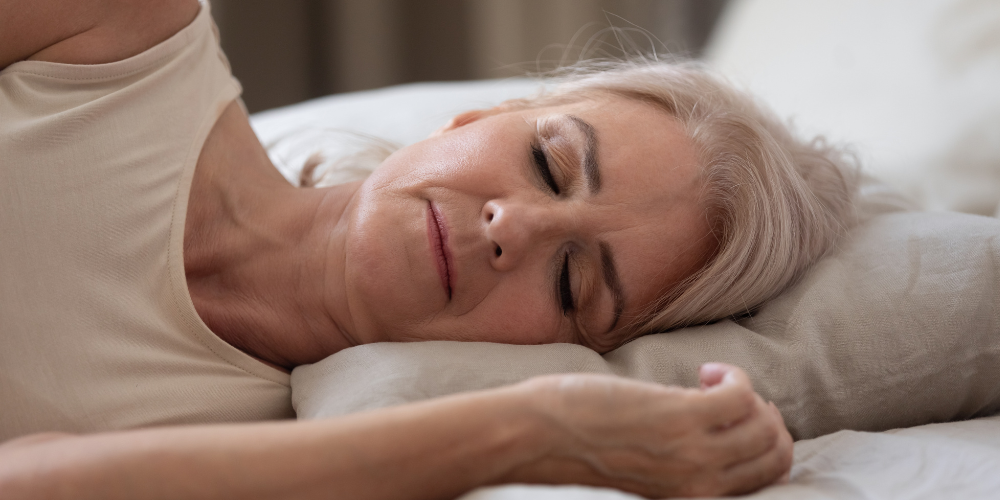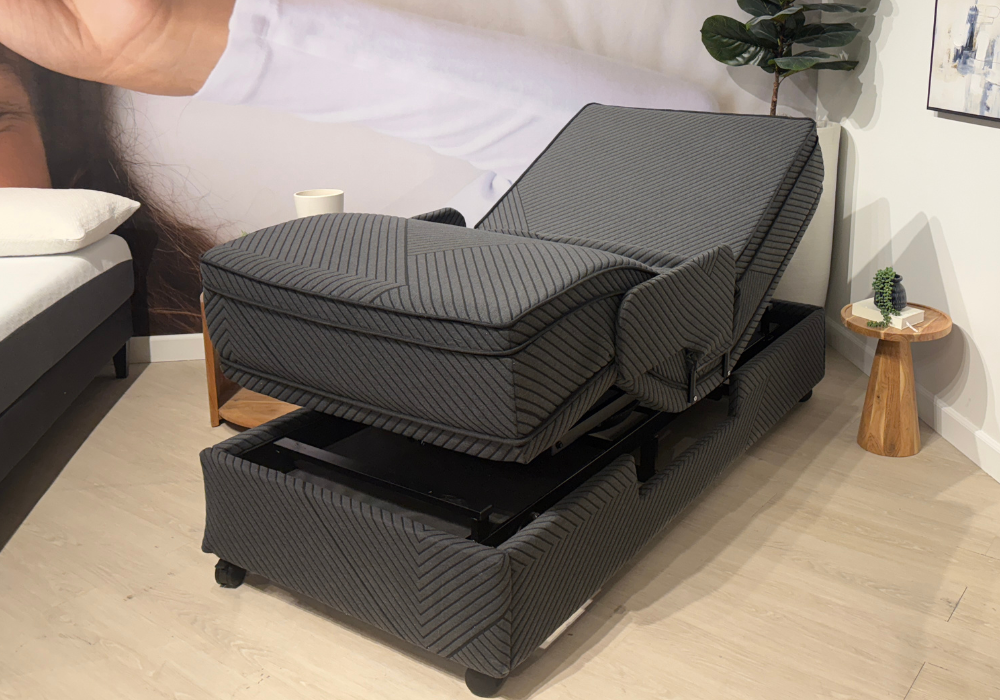Sleep is foundational to our health, yet many Americans are caught in a cycle where insufficient sleep is a daily reality, directly influencing their stress levels and overall well-being. Recent research by Gallup reveals a significant decline in the average amount of sleep Americans get, which not only impairs physical health but also exacerbates stress, creating a vicious cycle that can be hard to escape.
Exploring the Decline in Sleep Quality and Quantity
The troubling trend of sleep deprivation among Americans has been escalating over the years. According to Gallup, only about 40% of Americans report getting the recommended seven or more hours of sleep each night, a sharp drop from 1942 when 84% of Americans met this standard. This decline is multifaceted, influenced by factors such as longer work hours, pervasive use of technology, and the stresses of modern living. In recent years, there has been a notable decline, with the average American now sleeping significantly less than in past decades. This reduction is concerning as adequate sleep is crucial for both physical health and cognitive function.

Data from Dec 1-20, 2023 Gallup Poll
One demographic particularly affected by sleep deprivation is young women. According to the latest Gallup poll, women are consistently less likely than men to report getting enough sleep. Currently, only 36% of women say they get the sleep they need, compared to 48% of men. These figures not only represent significant declines from previous surveys conducted in 2013 and 2004 but also mark the lowest levels Gallup has measured for each group to date. This disparity highlights a concerning gender gap in sleep health, emphasizing the need for targeted strategies to help young women achieve better sleep and, consequently, better overall health.

The Consequences of Sleep Deprivation
The Consequences of Sleep Deprivation
The implications of sleep loss extend far beyond feeling tired. Chronic sleep deprivation is linked to numerous physical and psychological issues. Physiologically, lack of sleep can lead to obesity, diabetes, cardiovascular diseases, and weakened immune function. Psychologically, it is associated with irritability, diminished cognitive functions, and increased susceptibility to mental health disorders like depression and anxiety.
Research further suggests that sleep deprivation can lead to elevated cortisol levels, the body's primary stress hormone. High cortisol can not only make it difficult to fall asleep but can also decrease the quality of sleep, trapping individuals in a cycle of stress and sleeplessness.
Breaking the Cycle
To combat this issue, experts recommend several strategies that focus on both behavior and environment:
-
Consistent Sleep Schedule: Going to bed and waking up at the same time every day helps regulate your body's internal clock and can improve your sleep quality.
-
Optimizing Sleep Environment: Creating a restful environment is crucial. This includes a comfortable, supportive mattress, a cool room temperature, and minimal noise and light.
-
Mindfulness and Relaxation Techniques: Practices like meditation, deep breathing exercises, and yoga can reduce stress and create the right mindset for sleep.
-
Limiting Screen Time: Reducing exposure to the blue light emitted by screens before bedtime can help decrease alertness and prepare the body for sleep.
-
Physical Activity: Regular physical activity can help you fall asleep faster and enjoy deeper sleep, though it's best to avoid vigorous exercise close to bedtime.
At South Bay International, the recent Gallup study resonates deeply with our mission of not only providing better sleep solutions but providing tools for better health and wellness for all. The Gallup study highlights a critical health issue: as sleep durations decrease across the U.S., stress levels correspondingly escalate, initiating a detrimental cycle that impacts overall health and well-being.
Recognizing the necessity of a comprehensive approach to address this challenge, we are committed to not only advocating for lifestyle modifications but also to providing improvements to sleep environments through our products. As a leading manufacturer of sleep solutions, we offer a wide range of products, including mattresses, adjustable bases, pillows, and sheets, all designed with your health and wellness in mind. Each of our products is crafted to enhance sleep quality, providing the support and comfort needed to help you achieve the restorative sleep you require. Here at South Bay International, we are committed to transforming the way you sleep, ensuring that every product contributes towards a healthier, more restful night's sleep.









